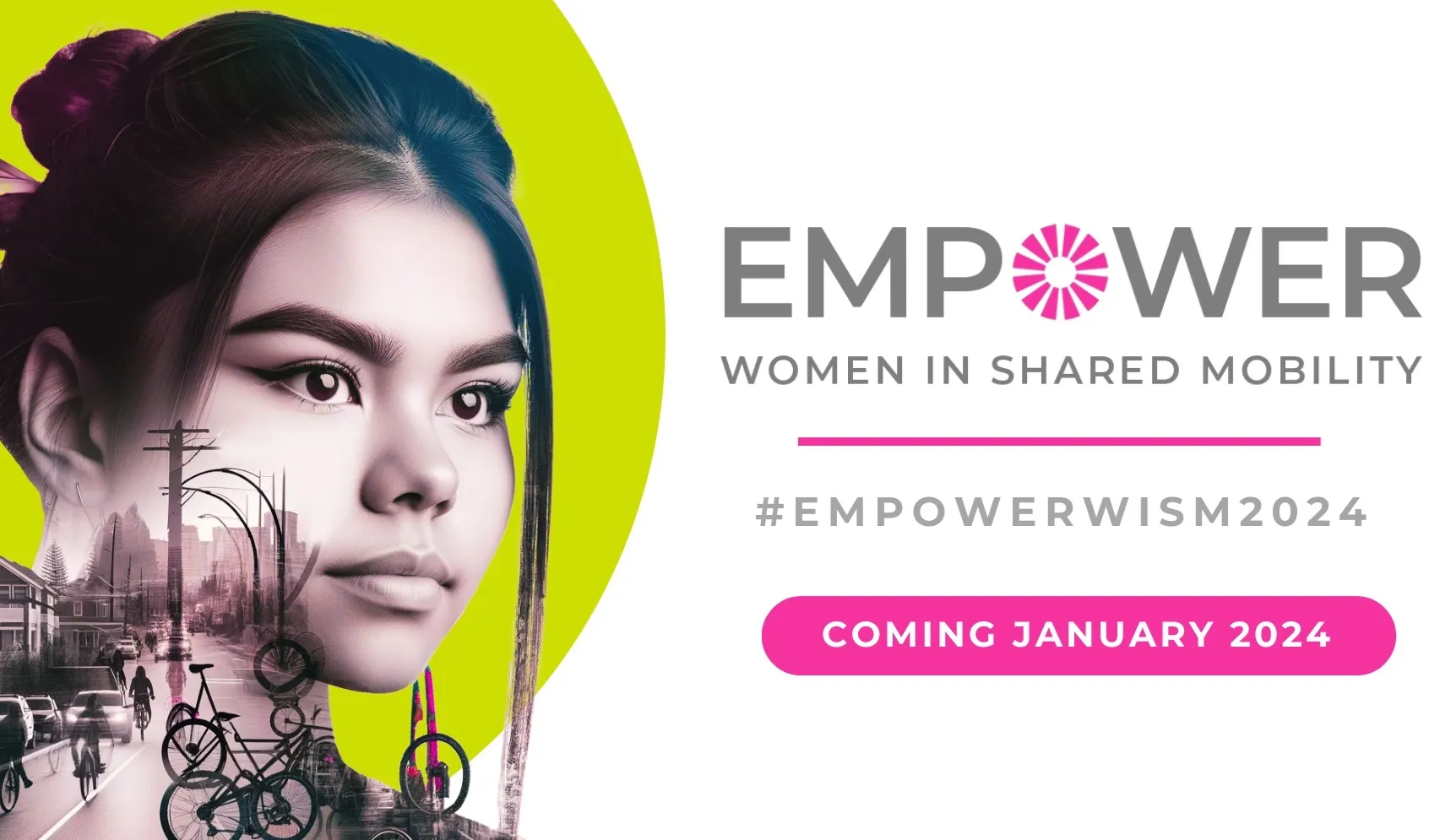US Transportation Secretary Anthony Foxx has announced two new partners in the US Department of Transportation (USDOT)’s Smart City Challenge, DC Solar Solutions and Continental Automotive.
In addition to offering US$1.5 million in mobile solar products to the winning city, mobile solar technology manufacturer DC Solar Solutions will assist all seven finalist cities in building strategies for electric vehicle charging infrastructure to encourage and facilitate the adoption of electric vehicles by individ
June 23, 2016
Read time: 2 mins
US Transportation Secretary Anthony Foxx has announced two new partners in the 324 US Department of Transportation (USDOT)’s Smart City Challenge, DC Solar Solutions and 260 Continental Automotive.
In addition to offering US$1.5 million in mobile solar products to the winning city, mobile solar technology manufacturer DC Solar Solutions will assist all seven finalist cities in building strategies for electric vehicle charging infrastructure to encourage and facilitate the adoption of electric vehicles by individuals, businesses and municipalities. It will also help these cities identify applications for its low-cost mobile solar technology, including the upgrading of off-grid power generators from diesel to solar.
As part of its commitment, Continental Automotive will provide advanced sensing, vehicle-to-vehicle and vehicle-to-infrastructure communication technology to increase traffic safety at intersections and provide a platform for intelligent transportation systems of the future. The Smart City Challenge winner will be the country’s first city to fully integrate innovative technologies such as self-driving cars, connected vehicles and smart sensors into their transportation network.
USDOT has also announced that it will collaborate with government and private sector partners to help all seven finalist cities in the Smart City Challenge, not just the challenge winner, move forward with ideas that each city developed over the past six months.
This collaboration will include continued support from Paul G. Allen’s Vulcan and will focus resources from across the federal government and the private sector to support innovation in the cities of Austin, Columbus, Denver, Kansas City, Pittsburgh, Portland, and San Francisco.
Under the leadership of the Department of Transportation, the collaboration will include the Department of Energy, the Department of Homeland Security’s Science and Technology Directorate, and the National Institute of Standards and Technology. The Challenge’s original private sector partners will also be supporting all seven cities.
Seventy-eight cities submitted entries to the competition, and in March, seven finalists were selected. Each finalist then prepared a full proposal, and the mayors of the seven cities presented their final pitches at a live event in Washington, DC in early June. The winning city will be announced by the end of this month.
In addition to offering US$1.5 million in mobile solar products to the winning city, mobile solar technology manufacturer DC Solar Solutions will assist all seven finalist cities in building strategies for electric vehicle charging infrastructure to encourage and facilitate the adoption of electric vehicles by individuals, businesses and municipalities. It will also help these cities identify applications for its low-cost mobile solar technology, including the upgrading of off-grid power generators from diesel to solar.
As part of its commitment, Continental Automotive will provide advanced sensing, vehicle-to-vehicle and vehicle-to-infrastructure communication technology to increase traffic safety at intersections and provide a platform for intelligent transportation systems of the future. The Smart City Challenge winner will be the country’s first city to fully integrate innovative technologies such as self-driving cars, connected vehicles and smart sensors into their transportation network.
USDOT has also announced that it will collaborate with government and private sector partners to help all seven finalist cities in the Smart City Challenge, not just the challenge winner, move forward with ideas that each city developed over the past six months.
This collaboration will include continued support from Paul G. Allen’s Vulcan and will focus resources from across the federal government and the private sector to support innovation in the cities of Austin, Columbus, Denver, Kansas City, Pittsburgh, Portland, and San Francisco.
Under the leadership of the Department of Transportation, the collaboration will include the Department of Energy, the Department of Homeland Security’s Science and Technology Directorate, and the National Institute of Standards and Technology. The Challenge’s original private sector partners will also be supporting all seven cities.
Seventy-eight cities submitted entries to the competition, and in March, seven finalists were selected. Each finalist then prepared a full proposal, and the mayors of the seven cities presented their final pitches at a live event in Washington, DC in early June. The winning city will be announced by the end of this month.









